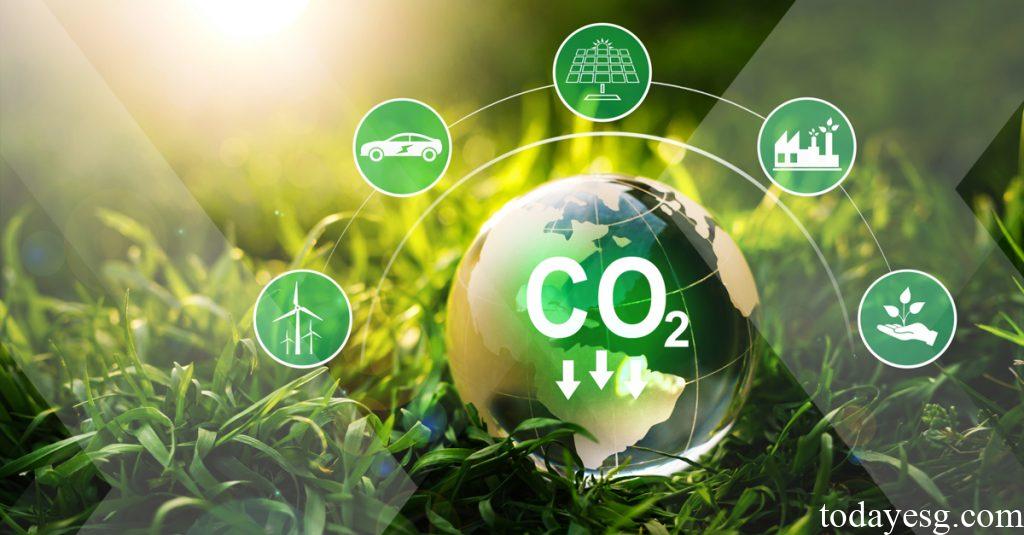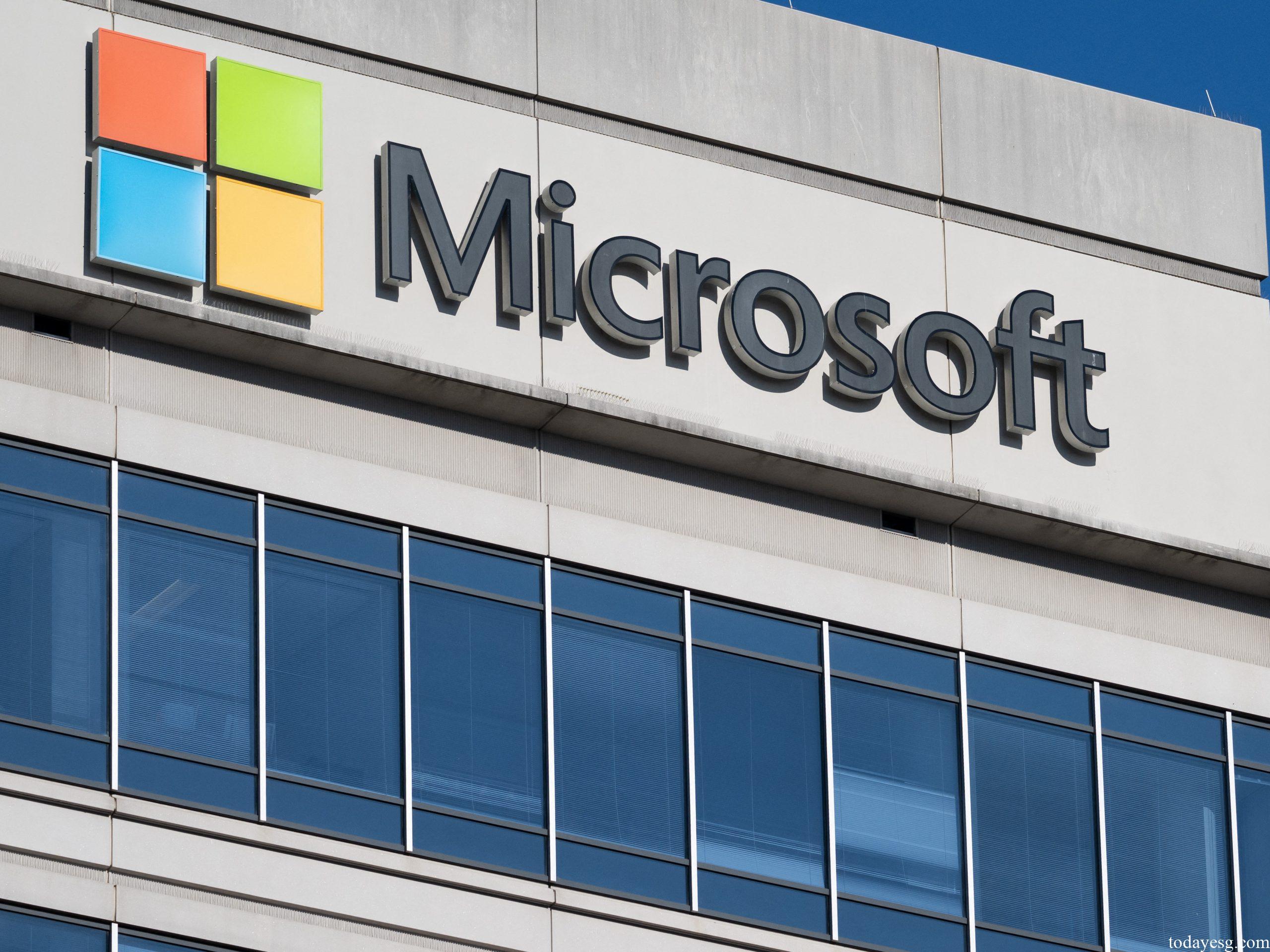Supply Chain Decarbonization Report
Microsoft releases a supply chain decarbonization report for listed companies. Through analyzing the supply chain data of 400 companies, it studies the sustainable development of enterprises and the challenges of transition to a net zero ecosystem.
In the past 70 years, global carbon emissions have increased nearly eightfold, and reducing carbon emissions has become the consensus of current society. In the next 20 years, the world plans to reduce carbon emissions by 45% from the level in 2010, and supply chain decarbonization is an important direction. How to measure, track and implement supply chain decarbonization is also an important research topic.
Research Methods of Supply Chain Decarbonization Report
In the report, Microsoft selects 400 listed companies from energy, automobile, machinery, consumption and other industries, and the total revenue of these companies reached USD $10 trillion. Microsoft assigns different scores to these companies based on their progress in sustainability. The scoring criteria are based on four dimensions:
- Shareholder value measured by Dow Jones Sustainability Index;
- Decarbonization measures of listed companies in fixed assets;
- Supply chain data based on Scope 3 carbon emissions;
- Risk and capacity to manage natural resources (such as water resources);

Supply Chain Decarbonization of Listed Companies
Microsoft finds in the study that most companies are trying to reduce carbon emissions in the supply chain, and the information disclosure of companies in the energy and consumer industries is more complete. 51% of companies have been included in the Dow Jones Sustainability Index, and 52% of companies have publicly publicized their climate actions.
Many companies hope to build themselves into leaders in the industry through net zero transition. However, only 16% publicly set scientific decarbonization targets, and 11% include supply chain factors in the emission reduction targets. Overall, listed companies have relatively slow development in decarbonization of the supply chain, while the carbon emissions involved in the supply chain are an indispensable part of decarbonization.
The sustainability of decarbonization can also bring financial returns to the company. Microsoft analyzes the ESG scores of 95 companies in the retail and consumer industries in the Dow Jones Sustainability Index and the stock price changes in previous four years, and finds that when the Sustainability Index increases by 10% to 42%, the company’s stock price may increase 15% to 233%.
Challenges of Supply Chain Decarbonization
Microsoft believes that supply chain transparency is the biggest challenge faced by listed companies in supply chain decarbonization. The supply chain brings together stakeholders in the whole business process, which is crucial to the net zero transition and the mitigation of ESG risks. Listed companies need to cooperate with enterprises upstream and downstream of the supply chain to share climate and resource data to measure carbon emissions.
With the introduction of regulatory policies such as the Task Force on Climate-related Financial Disclosures (TCFD) and the carbon boundary adjustment mechanism, listed companies need to create sustainable computing systems within the scope of the supply chain, and the core infrastructure will become the key factor of the system. At present, the sustainable data of the supply chain is relatively scattered, and there is still more room for improvement in the aspects of audit, accuracy and data governance. A strong digital core can provide a lot of help for the company’s decarbonization.
Microsoft believes that with the expansion of cloud application scale of digital management, listed companies can obtain more choices in terms of cost saving, operational efficiency improvement, and reduce carbon emissions in the supply chain. For example, for a company with 10000 users, cloud applications can reduce carbon emissions by 70% to 90%, helping the company reduce Scope 3 data.
Reference:
Supply Chain Decarbonization: The Missing Link to Net-zero
ESG Advertisements Contact:todayesg@gmail.com








